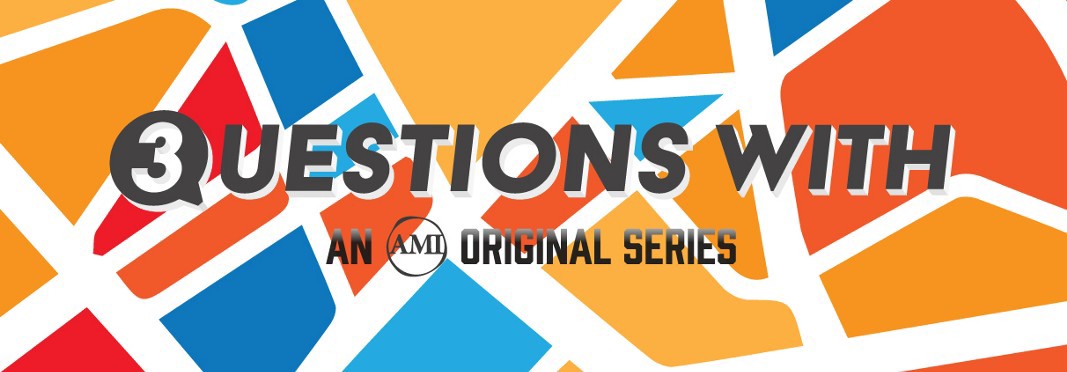
Jason is an entrepreneur. He founded Hem.com, Fab.com & socialmedian. He also had stints as the Jobster CEO and XING CPO. Now, Jason is building Pepo, a mobile app that aims to map the “conversation graph,” i.e. a discoverable intersection of the social graph, the interest graph, and location graph.

- The Pepo app went live on Oct 26. What’s most exciting about your traction to date, and how has the early usage impacted your product roadmap?
It has been a really fun and informative first month.
Our overall approach has been to focus entirely on user engagement.
One thing we observed with a lot of other apps is that there’s this tendency to launch big and then putter out. We wanted to take a different — and hopefully more long term sustainable — approach with Pepo. Rather than shooting for millions of users overnight, we are building incrementally as we observe and measure user behavior, with the entire focus being on engagement, engagement, engagement.
At launch, we positioned Pepo as the app where people can connect around shared passions. Beyond that, we purposely left it open ended so that we can see where our early users take the platform and then build towards that. We purposely didn’t define any particular verticals or use cases, we just put it out there and let the users go for it.
So far Pepo’s early users have done a lot in the foodie, travel, interior design, technology, politics, LGBT, and sports categories. Foodie and travel topics have really dominated thus far so right now we’re working on how to help our chat hosts get the most out of Pepo for those topics, while also encouraging other topics to blossom.
It has also been super interesting to have real users pushing us in directions that we had not prioritized previously. For instance, one of the original assumptions with Pepo was that we should focus much less on one-to-one messaging or secret messaging because there are so many other apps that do that so well already (e.g. WhatsApp, Messenger, WeChat). So, what do you think our early users are asking us most for? To be able direct message people they meet on Pepo from within Pepo. Doh!
2. The five stages of grief are denial, anger, bargaining, depression and acceptance. I admire the transparency and forward looking approach you write with (examples: On the rebound from epic failure & My Response to Bloomberg’s Article: “How Not to Strangle Your Unicorn — Jason Goldberg’s Fab.com was valued at $1 billion before it collapsed. What can today’s startups learn from his failure?”). But just because we write about it, it doesn’t mean we’ve made peace. Making peace is hard. The death of business can feel like the death of the person. When Fab-Hem ended, which stage of grief was the hardest to come to terms with?
Not a day goes by where I don’t reflect on and consider the mistakes that I made in the past.
It’s hard for me to pinpoint a “stage of grief” that has been hardest. It’s all hard.
3. I’m fascinated by the future of content discovery. From newspapers to search engines to social networks, it’s all about how to find that next ‘piece of content’ with the right mix and mash of reach, resonance and relevance. Could you share a glimpse of how you see the “conversation graph” shaping content discovery?
There’s a “yes, but, so” behind Pepo that I’m fascinated with.
YES, the internet has made us more connected than ever and made it easier to connect with information and people.
BUT, it’s still rather difficult to connect with the right people who share your passions and who have the expertise you need.
SO, we’re working on democratizing the market for shared interest and for obtaining access to expertise. We think that’s a worthy problem to work on and one that could be a very interesting market opportunity.
Pepo connects you with people who share your passions. Download Pepo.
On 6 December Pepo announced that it had raised $2M in seed financing from Tencent, Greycroft, Vectr, Correlation, Oriente, Jason Goldberg, Nishith Shah, and other investors.

3QuestionsWith.Us is an original series by AMI Publications, profiling those who push commerce, technology, and art forward.

